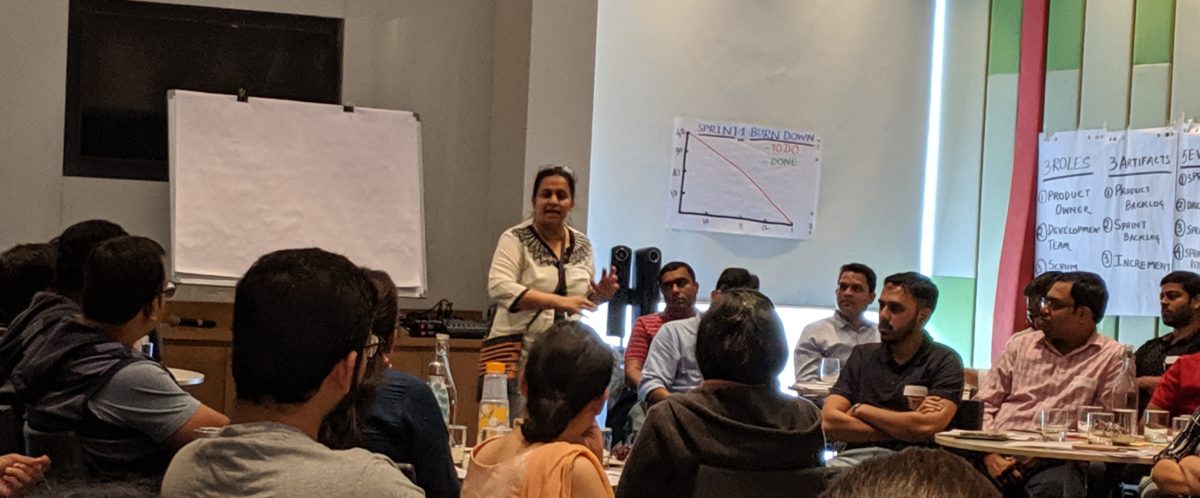Aggressive and exhaustive manual testing has long been seen as an mandatory task that took as much as 30 % duration of the entire life cycle and 35-45 % of the effort of entire software development life cycle. This focus on dedicated manual testing has led to creation of an army of manual testers. These career testers have often spent many years doing manual testing and do not have very well developed technical skills.With agile becoming predominant, the focus is now on end to end working product delivered by a cross functional team. This creates a question of existence for the dedicated manual tester.
In my daily work I meet many such people who have done manual testing for 10- 15 years and now are worried about what next? This post is for them
Focus On What The Manual Testers Can do? Often the testers are worried about quickly acquiring new technical skills. They have not done any “coding” for last few years and starting fresh scares them. Best way is to think what they do know. I have seen usually these testers have tested the same system for a long time and have gathered an enormous knowledge about end to end system working. This domain knowledge is a hot commodity in agile world where working software in a short time is the key expectation. It then makes most sense to leverage this domain depth and build on top.
- For those Who Want To Remain In Testing For those who enjoy the the world of testing, the options are in 2 areas
- Entering the Automation World – These days BDD tools like cucumber allow for easy UAT automation. The major skill lies in understanding the end to end functionality and deciding what to automate. Even functional automation tools like Katalon Studio require minimal amount of coding. This option does involve learning some new skills but learning those does not need a tester to learn extensive coding. An activity which many testers do not seem to enjoy , Re skilling Needed is learning about automation tools. Usually takes 3-6 months
- Test Strategist at Enterprise level As the application sizes grow , balancing the test coverage with available cost and time becomes more and more difficult task. A test strategist analyzes the application and the project needs to recommend types and phases of testing needed for current project – what and when to automate. , Up skilling Needed to fill in the gaps about application knowledge and learn latest testing trends and techniques
- For Those Who Want to Step Out Of The Test World For those who want to leave the testing world behind , the domain knowledge they have amassed becomes an excellent opportunity
- Starting Out As a BA – With their system knowledge most of the testers make excellent bridge between the domain guys and the technocrats. Both of these people often talk seemingly different language and having a Business Analyst in team is often priceless. ,Up skilling Needed to increase depth of domain knowledge , some executional skills like writing a good user story may need to be acquired. The executional skils are easy to aquire and usually do not take more than 2 months or so
- Path to PO – As a next step from the BA, good domain expert can aspire for a role as PO where they leverage their domain knowledge to decide the path the product takes. Up skilling Needed to increase depth of domain knowledge , understand industry trends. some agile skills like understanding empirical product development , managing the product backlog , vertical slicing etc may need to be acquired.
